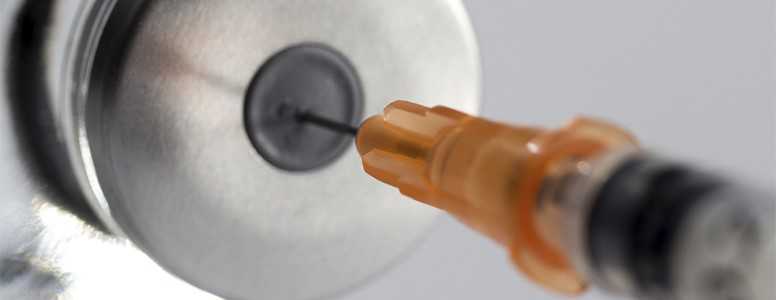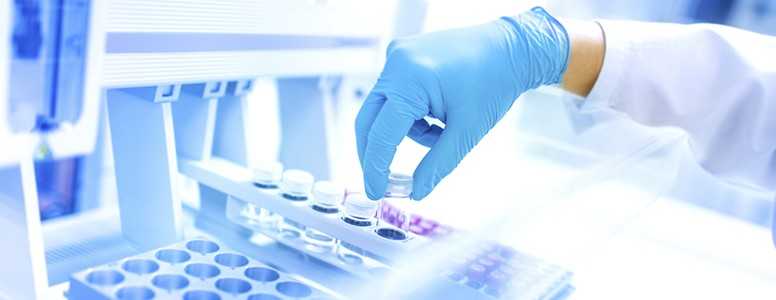Stem cells extracted from fatty tissue have been successfully reprogrammed to produce insulin, a study has shown.
Swiss researchers took fatty cells from the body of a 50-year-old and turned them into insulin-making beta cells by adding a new genetic code. It is the first time beta cells have been have successfully reproduced from an entirely natural process using stem cells.
Previously transplanted beta cells have always required the recipient to take immune-suppressing drugs to fight rejection. Because these beta cells have been created from the person’s own stem cells, researchers believe that immune-suppressing drugs would not be needed.
Lead researcher Martin Fussenegger, who is professor of biotechnology and bioengineering at the Swiss Federal Institute of Technology in Zurich, said: “With our beta cells, there would likely be no need for this action, since we can make them using endogenous cell material taken from the patient’s own body.”
Researchers said the next step is to transplant the beta cells back into the person with diabetes, to see if they can effectively regulate blood sugar levels.
An abundant source of stem cells
Professor Fussenegger said: “Most people have an overabundance of fat from which these stem cells can be harvested.
“We used liposuction to remove the fat which holds quite a lot of stem cells, do you don’t actually need to take that much.”
If successful it might represent an alternative to daily injections of insulin. However, the expense of the treatment will be an issue that would need to be addressed before use in people with type 2 diabetes.
Use of the technique in people with type 1 diabetes will be more complicated as in type 1 diabetes, the immune system turns against insulin producing cells and destroys them. Therefore, this particular effect of the immune system will still need to be countered for the technique to be successful.
The research was published in the journal Nature Communications.
What's new on the forum? ⭐️
Get our free newsletters
Stay up to date with the latest news, research and breakthroughs.




